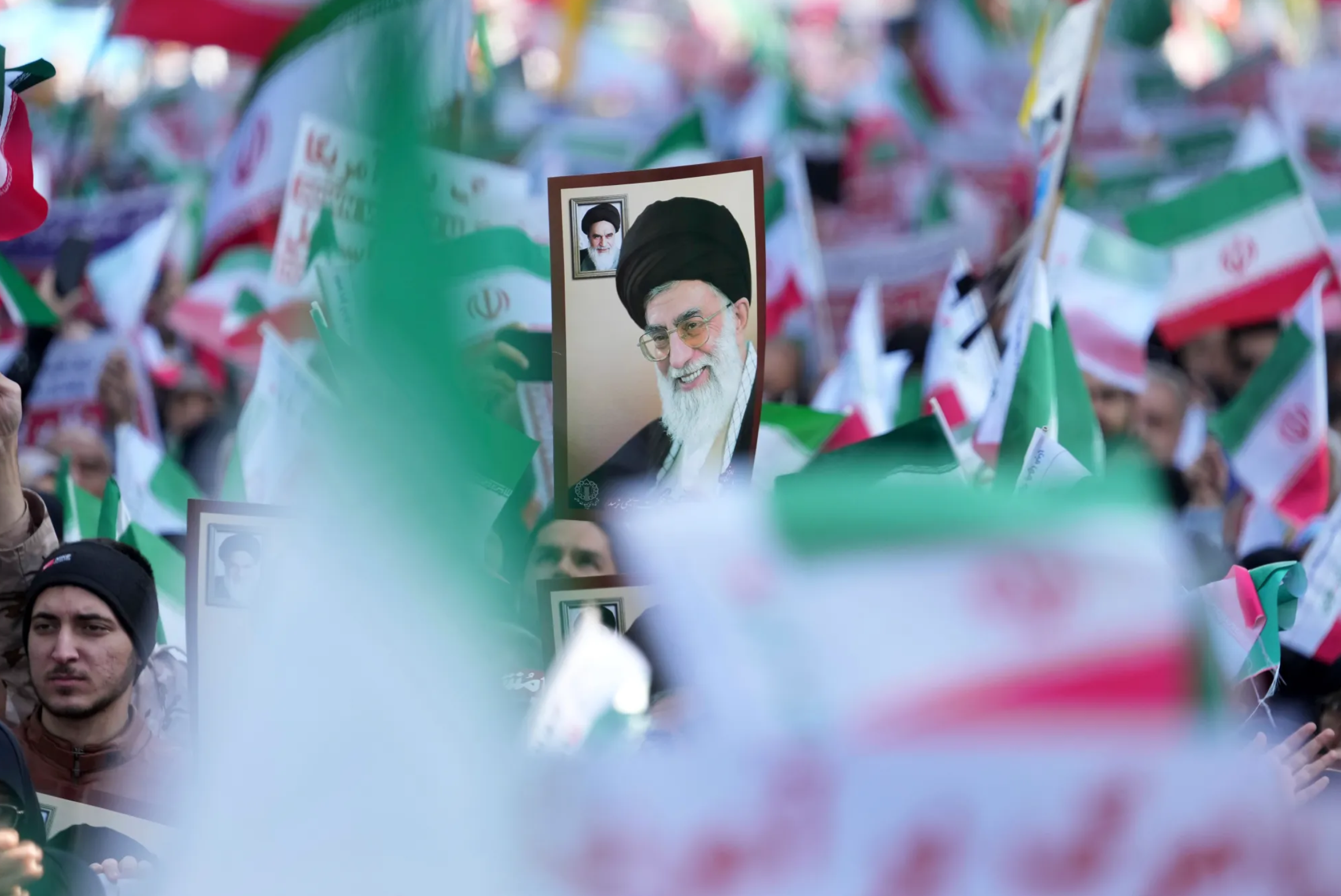The unique geographical positions, specific to certain regions of the world, bring advantages to the residents of those areas, which, when combined with cultural, political, and economic factors, can become a significant source of power.
Throughout history, regions like the West of Asia and the Persian Gulf have been recognized as strategic areas that have drawn the attention and influence of Western powers. However, what has added to the geopolitical significance of these regions is the presence of a significant population of Shia Muslims, primarily residing in oil-rich and strategically vital areas. The dispersion of Shia Muslims in strategically important geographical settings, coupled with powerful potentials such as political ideology, the cultural significance of events like Ashura, the concept of Mahdism, and a cohesive global system, places them in an exceptional position. However, before the victory of the Islamic Revolution in Iran, most of these Shia communities were relatively passive and received less attention from global powers. Nevertheless, with the triumph and continued progress of the Islamic Revolution, their influence deepened, prompting a Western response that perceived these transformations as altering the geopolitical position of Shia and increasing its importance. Today, Shia Muslims, with their unique ideology and geographical advantages, have reached stages of development that even their adversaries acknowledge.
The victory of the Islamic Revolution in Iran led to the spread of Islamic awakening in the region, altering many of the political equations in the West of Asia and the world. Following this, regional dictatorships and Western Zionist interests, which saw their interests seriously threatened, turned to hostility and opposition towards Shia Muslims, particularly the Islamic Republic of Iran. Western scholars also began studying Shia Muslims and their ideology, becoming aware of profound intellectual and cultural differences between Shia and the West. Concepts like self-sufficiency, unity of the Islamic world, and a unified global system alarmed Western powers. Consequently, Western actors, especially Western Zionist influences, initiated various plans and strategies to counter the Shia world. These plans included Iranophobia, Islamophobia, efforts to isolate Shia and Iran internationally, supporting and arming Takfiri groups, and promoting the agenda of some reactionary regional leaders. One of these strategies was the Greater West of Asia Plan. Despite the ultimate failure of each of these strategies, Shia Muslims have been confronted with serious challenges. Therefore, it is imperative to examine these challenges and propose strategies to address them effectively.
With the victory of the Islamic Revolution in Iran and the emergence of Islam as a significant factor in regional developments, Islam became a new subject of concern for the West. The Islamic awakening, influenced by the Iranian Islamic Revolution, brought about changes in the geopolitical situation of the region, greatly alarming the Western powers. In response, the West devised various strategies, but each of these strategies faced failure, leading to the development of new ones. The Strategic Communications Committee of the National Security Council, responsible for drafting national diplomatic strategies, convened multiple times but eventually disbanded due to a lack of direction. The last meeting of this committee was in 2004. Additionally, Margaret Tatweiler, a State Department ambassador who had returned to the U.S., took charge of managing national diplomacy at the insistence of the White House. However, Tatweiler lasted only six months, and in June 2004, the position remained vacant for half of President Bush’s first term.
According to Western acknowledgments, Iran, as the largest Shia country, has a vital geopolitical position in West Asia for several reasons: vast oil reserves, a strategic location in southern Russia, being an authentic Islamic state that poses a threat to Israel, leadership among other Islamic countries that could potentially disrupt Western oil supplies and an unknown method of advancement following the Islamic Revolution’s victory.
In Saudi Arabia, most Shia reside in the oil-rich Eastern Province, making up 40% to 60% of the workforce in the oil industry. In Iraq, over 70% of the population is Shia, with the majority living in the southern part of the country. The Strait of Hormuz, as a strategic chokepoint, is controlled by Shia communities and governs the communication between the East and the West.
The presence of vast fossil fuel reserves beneath the Persian Gulf’s seabed and the depths of regional countries’ soil, coupled with the increasing global demand for these resources, has turned the daily passage of numerous fuel-carrying vessels through the Strait of Hormuz into an everyday occurrence. This has transformed Iran’s geopolitical position into a geostrategic one in the world. The alignment of exceptional geopolitical and geostrategic positions has made Iran one of the world’s most significant regions.
In some Gulf countries, the concentration of Shia populations in strategic areas, especially oil-rich centers, has led to significant economic influence. Their presence in factories, refineries, and commercial centers is linked to a high probability of strikes and the potential to paralyze the country’s economy. Proximity to the capital city adds to their significance. Therefore, leaders of some of these countries, such as Saudi Arabia, have consistently sought to prevent Shia concentration in their capitals and outskirts.
In Iraq, Shia, with their political empowerment, are reclaiming their identity. Given the current realities in contemporary Iraq, a new geopolitical order will be established soon, heavily influenced by Shia, and despite some disruptive elements, no significant factor preventing the establishment of the desired new geopolitical order can be observed. Therefore, by occupying important geographical areas, gaining political power, and utilizing Shia ideology, they can become influential global actors, a transformation that the Islamic Revolution in Iran has facilitated.
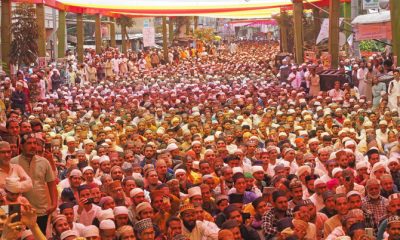
 Islam12 months ago
Islam12 months ago
 Art & Culture12 months ago
Art & Culture12 months ago
 Islam12 months ago
Islam12 months ago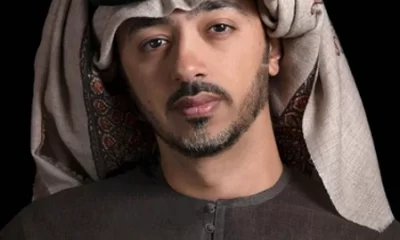
 Art & Culture12 months ago
Art & Culture12 months ago
 World news12 months ago
World news12 months ago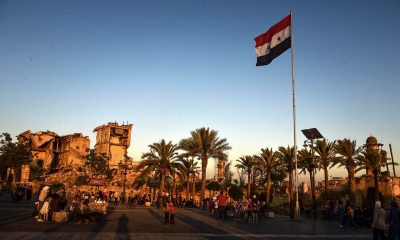
 Interview12 months ago
Interview12 months ago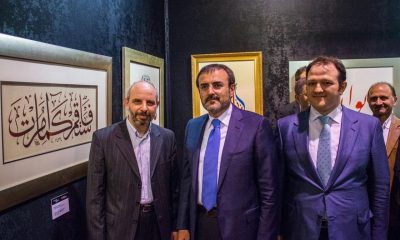
 Art & Culture12 months ago
Art & Culture12 months ago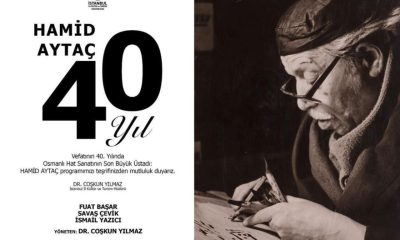
 Art & Culture12 months ago
Art & Culture12 months ago
